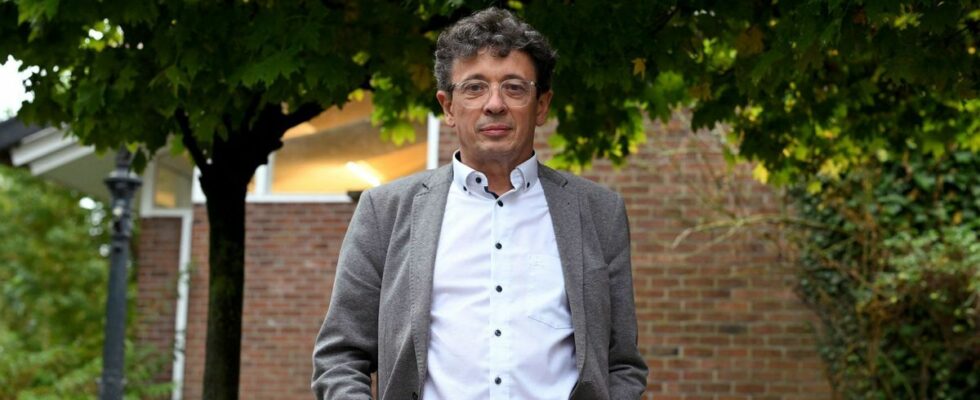Published on
updated on
Reading 3 min.
“Why shouldn’t we laugh at death?” A Belgian forensic doctor, Philippe Boxho, recounts his autopsies with scathing humor in books which fascinate the public and also allow him to popularize a little-known profession.
“Why shouldn’t we laugh at death?” A Belgian forensic doctor, Philippe Boxho, recounts his autopsies with scathing humor in books which fascinate the public and also allow him to popularize a little-known profession.
Short, impactful stories
At 59 years old, including 33 years of practicing this specialty in the Liège region (east), Dr Boxho has handled hundreds of corpses, and uncovered cases of homicide which would probably never have been discovered without his careful observations.
The author’s winning recipe: a series of short stories – “15 pages maximum”, hard-hitting and sometimes very raw, all drawn from his experience in the field.
What he describes to AFP as “the excitement of participating at the start of the investigation”, when a lifeless body is discovered and he puts on dishwashing gloves – “much more resistant” – and white overalls to examine it at the request of a magistrate.
It is then “giving voice to the body one last time“.
And the coroner’s conclusions can reveal circumstances of death that are surprising to say the least, such as the case of this sixty-year-old whose throat was slit by her son’s pit bull while going to feed him, which she very rarely did.
Or that of a farmer trapped in the stable by a bull that he does not see emerge. The multiple fractures of the limbs and trunk prove that the man was “trampled” by an animal weighing 1.2 tonnes. Impossible to survive there.
In 2021, after the success of a video from the RTBF channel making him tell “three extraordinary investigations“, he was convinced to write down stories that until then he had reserved for his medical school students.
Result: a hit in bookstores, with some 740,000 copies sold of the three books he has just released, including nearly 200,000 in six weeks for the last one, “La mort en face”, released at the end of August.
“This is unheard of for non-fiction.“, assures AFP a spokesperson for Kennes, a Walloon publishing SME which was struggling before finding its providential writer.
In 2024, the success extended to France. “La mort en face” was the third best seller in the “essays” category in the GfK/Livres Hebdo ranking during the first week of October. An English edition is currently under negotiation.
“I respect the corpse”
In the era of the all-powerful smartphone, Philippe Boxho seems to have converted many people to books who did not read them or read them very little.
That evening, he had a full house for the conference he gave before a signing session, in Blegny, on the site of a former mining town, near Liège.
“It’s fascinating to listen to him speak, because he is passionate about what he does“, declares Marie Lou Collard, who took a seat in the audience. This political science student says she discovered Dr. Boxho on TikTok and YouTube before delving into his essays.
“I respect the corpse that I have in front of me, I do not know it (…), what I laugh about is death and the way of dying“, emphasizes Dr. Boxho. “It’s a bit cynical, it’s the way I am. Those who don’t like it don’t have to read me“.
In all his stories, sometimes several decades old, the identities have been changed so as not to violate medical confidentiality, according to him.
There is often talk of feminicide, sometimes of parricide, as in this case which the doctor enjoys exposing to the public of Blegny: one night, a young woman comes to surprise her bedridden father to shoot him with a revolver, she is determined and empties the magazine, leaving him no chance of escape.
The autopsy will reveal that before the gunshots, “the man was already dead, from a cerebral hemorrhage”, explains the practitioner. Therefore his daughter is not blameworthy.
“Criminal law needs certainty“, supports Dr Boxho.
His remarks include a call to support forensic medicine for better justice.
“In 2020, there were 42 forensic doctors in Belgium. Today there are only 24 of us left. It’s time to do something“.
